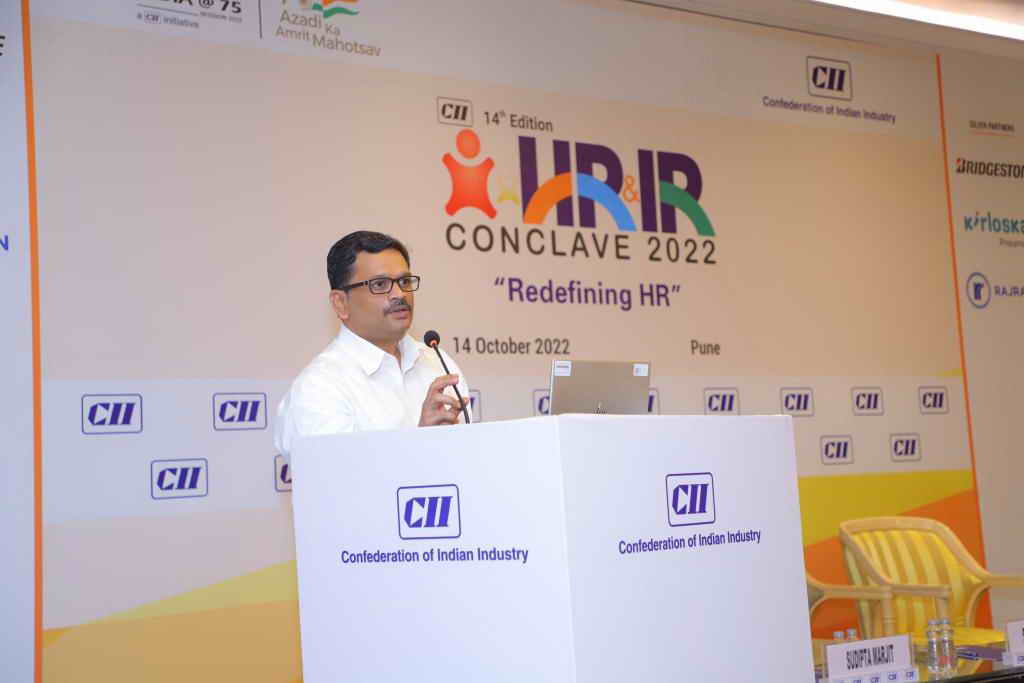In one of my earlier post, I rued about the fallacy of levels based estimation and their mis-application in real world. This post is an attempt to bring about a change from that practice through a series of thought applications that could well then give the insight for a better model.
The large difference that can be seen in vast variety of e-Learning courses is the ability of courses, irrespective of multimedia quality, assessed on following styles.
1. Are the courses "flow through" materials. Take once, visit once in a while, strike through a task, fulfill a mandatory clause.
Knowledge gained: May be! But better than having nothing or print outs or slides with text and a boring presenter.
2. Are the courses retentive enough. Internal presentations, brochures, a communication from CEO, a function, an event organization, remain talking points for quite some time in the period. They allow for enough retention of the materials and subject. Blended learning model is very critical to ensure and enhance retention.
Knowledge gained: Yes, at-least the takeaways!
3. Are the courses comprehensible? Which means, are they materials allowing people to refer, quote, and provide feedback on the actual working vs training material content.
Knowledge Gained: Goes beyond. People think about its application and contexts they fit in.
4. Do the courses change a behaviour? This is audacious to say that training alone achieved it. But when a tool/task/action is performed as it has been told vs now know why it needs to be done, then training is a factor (People can articulate the "What is in it for me" question). When a product gets a familiar greeting, then training is a factor (When people can train others on the features with minimal exposure- Think Google Wave videos). When a sub concious or an unconcious act is now executed conciously, then training is a factor (I didn't know the rules earlier. Having made to take the course, I now know fully well when I am breaking the rules.)
Knowledge Gained: Yes and Applied in situations. What crooks do is apply them towards greater sadistic pleasure, while good people apply them to ease/improve/change for good and better for the ecosystem concerned.
One important point, each of them carry equal cost and weight. The context differs. The content maturity levels decide, the availability of subject experts determine the style level of courses.
Are all 4 e-Learning ? That needs to be a discussion. Looking forward to your comments.



I am at the out set informing the readers of this comment that this comment of mine is with reference to the present one and the earlier one. The conception that is presently prevailing in the minds of even learned people is that e-learning is but a replacement of a copy of a book manually written.
ReplyDeleteAlbeit may it be accepted, the significance and nuances of e-learning is to be made out in clear terms so that the advantages provided by the technology are fully exploited. In the latest blog 4 factors emerging out of e-learning has been pointed out with the degree of KNOWLEDGE GAINED at each of the factor level. But what is expected from a e-learner is to apply the module given and should forthwith come forward to make innovations of his own in his field and at the same time provide that know-how to the prepator of the module so as to enable him to update the module amd update it lest the module given become obsolete in the short-run.
Thanks. This gives me a topic to talk about in a separate blog post.
ReplyDelete"...of the module so as to enable him to update the module and update it lest the module given become obsolete in the short-run..."
ReplyDeleteSir, with this comment you have pointed out something I have personally experienced a couple of months back.
The Feedback and the FAQ section of an e-learning course can be effectively utilized to update the modules and keep them fresh. Incidentally, this is exactly a discussion I have had when I went to a client site some time back.
One of the key stakeholders and a very senior management person had asked me (quoting him verbatim):
Can the learners put in questions in the FAQ section as they keep going through the modules? Can the FAQ section containing the learners qs and the SMEs responses later be compiled to form another short updated version of the module to keep the information fresh and relevant?
This conversation had slipped my mind. I was reminded of it when I saw the comment. Thank you.
The following may be added to the comment already given.
ReplyDeleteE-learning is a specialised study by itself thanks to the development of technology. As such this mode of learning is a continuning process and one cannot afford to take respite unless he/she wants to retire.Hence any mode of updating may be pursued
by the learner; but keping the FIRST PREPARER of the module in the dark about updating should be avoided.